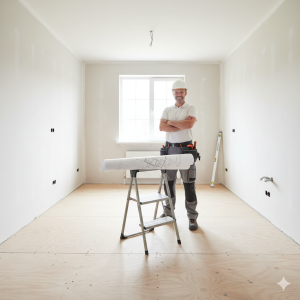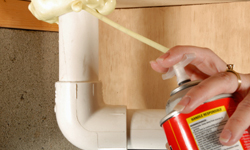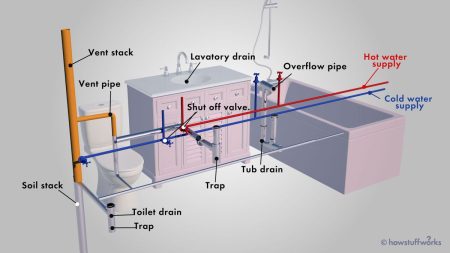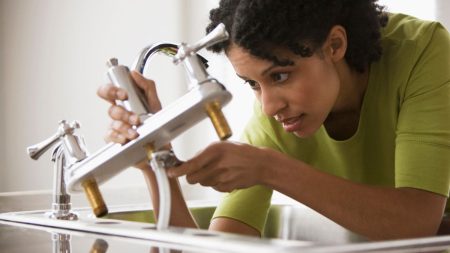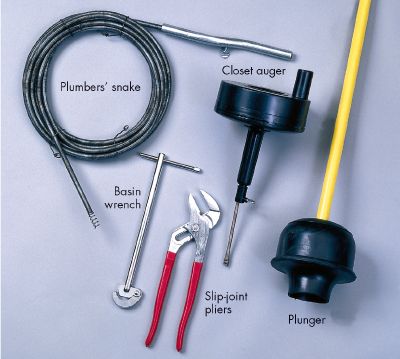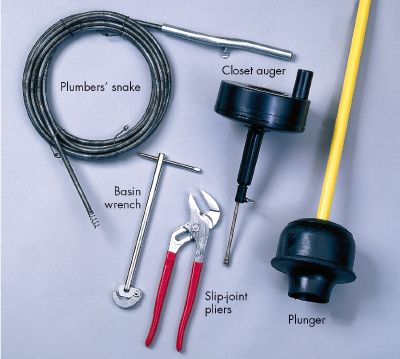A common complaint amongst many homeowners is the black mildew that grows along the edges of tiles in bathtubs and showers. Bathrooms are the ideal nesting ground for mildew because mildew spores thrive on the constant moisture. Because of this stubborn and unsightly growth, many people want to remove the old silicone caulking and replace it with new, mildew resistant caulking [source: Carter]. This task may be time consuming, but it’s easy enough for the beginner do-it-yourselfer. Read the steps listed below and learn about how you can remove silicone caulking in your bathroom.
Here’s what you need:
Here’s what you do:
- Put on the gloves for protection. With a knife or razor blade, cut away at any of the frayed silicone caulking. Splashing water on the caulking will moisten and loosen it, making it easier to cut away [source: Carter].
- Make a mixture of flour and water, after removing as much of the caulking as you can. The amounts you use will depend on how much caulking you’re removing. Start with a cup of flour and several tablespoons of water. Mix the two ingredients, adding more water or flour, until you get a thick paste. Remember to use white flour — not whole wheat flour. You want a thick, binding paste and whole wheat flour won’t give you as thick a consistency [source: Eakes].
- Spread the thick paste over the remaining silicone caulking with your finger.
- Wait for the mixture to dry and adhere to the caulking.
- Wash the paste away with water. The caulking has also been washed away, leaving a clean surface for you to apply fresh caulking [source: Eakes].
Read the full article here


